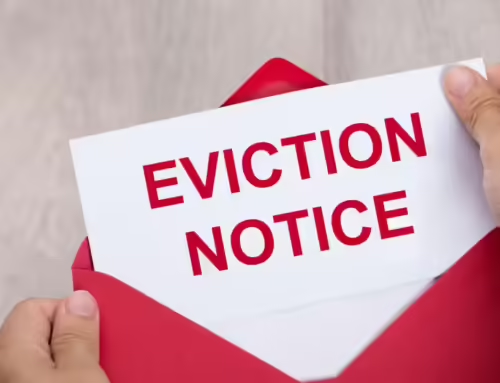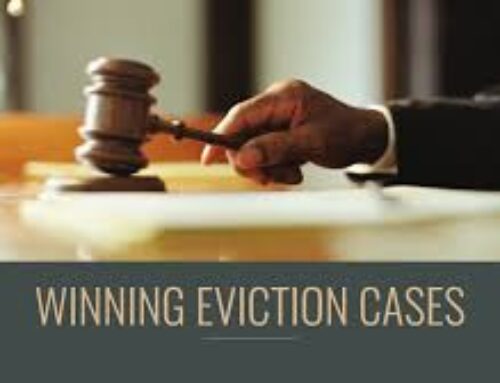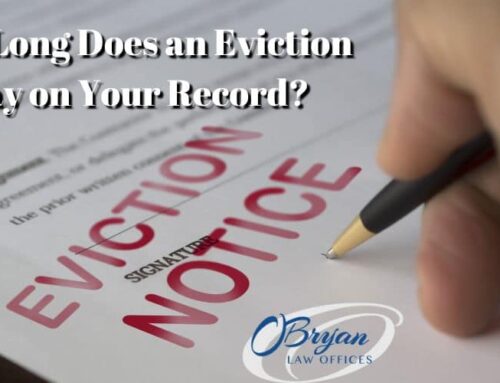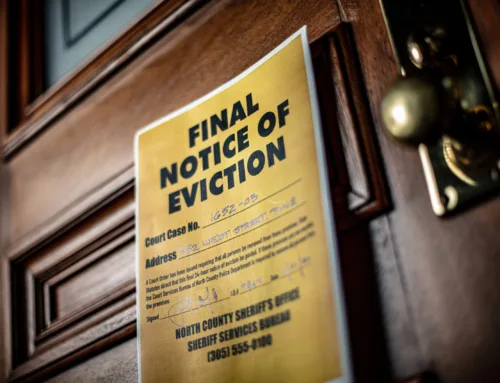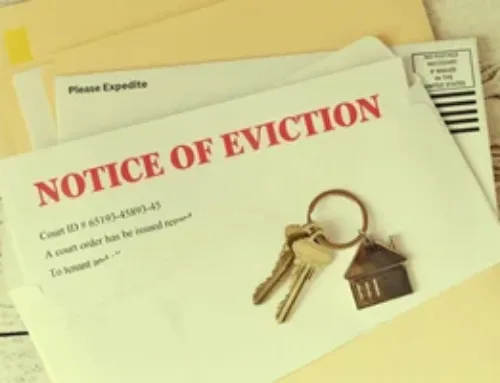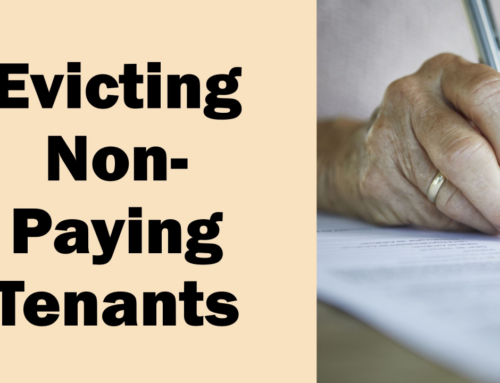Eviction can be a lengthy, costly, and emotionally draining process for both landlords and tenants. While it’s sometimes necessary to pursue eviction for non-compliance with lease agreements, proactive strategies can significantly reduce the likelihood of such situations arising. By implementing effective communication, thorough screening, and regular property maintenance, landlords can foster a positive rental experience that minimizes the chances of eviction. In this blog, we will explore various strategies landlords can adopt to prevent evictions and maintain healthy tenant relationships.
1. Thorough Tenant Screening
One of the most effective ways to prevent evictions is to conduct a comprehensive screening process before tenants move in. This process should include:
- Background Checks: Investigate potential tenants’ rental history, credit reports, and criminal backgrounds to gauge their reliability and suitability.
- Income Verification: Ensure that tenants have a stable income that can comfortably cover rent. Request pay stubs, tax returns, or bank statements as proof.
- References: Contact previous landlords and personal references to understand the applicant’s behavior as a tenant.
2. Clear and Detailed Lease Agreements
A well-drafted lease agreement is essential for setting clear expectations. Key components should include:
- Payment Terms: Specify due dates, late fees, and acceptable payment methods. Clear terms help tenants understand their obligations.
- Maintenance Responsibilities: Outline which repairs and maintenance tasks are the landlord’s responsibility and which are the tenant’s.
- Rules and Regulations: Clearly define any community rules or property-specific regulations, including pet policies, noise restrictions, and parking rules.
3. Open Communication Channels
Establishing open lines of communication with tenants can help address potential issues before they escalate. Strategies include:
- Regular Check-ins: Schedule periodic check-ins or property visits to engage with tenants and gauge their satisfaction with the living conditions.
- Responsive Communication: Be available to respond promptly to tenant inquiries and concerns, whether through phone calls, emails, or in-person meetings.
- Encourage Feedback: Create opportunities for tenants to provide feedback about their living experience. Use this feedback to make improvements.
4. Flexible Payment Options
Financial difficulties can arise unexpectedly for tenants, leading to late rent payments. Landlords can mitigate these issues by:
- Offering Payment Plans: If a tenant is struggling to pay rent, consider creating a temporary payment plan that allows them to catch up over time.
- Accepting Multiple Payment Methods: Make it easier for tenants to pay rent by accepting various payment methods, such as online payments, checks, or cash.
5. Proactive Property Maintenance
Keeping the property well-maintained can reduce tenant dissatisfaction and turnover rates. Effective strategies include:
- Regular Inspections: Conduct routine inspections to identify and address maintenance issues before they become significant problems.
- Prompt Repairs: Respond quickly to repair requests. Timely action shows tenants that their comfort and safety are priorities.
- Upgrades and Improvements: Invest in property upgrades to enhance the living experience, such as energy-efficient appliances, new flooring, or fresh paint.
6. Educating Tenants About Their Rights and Responsibilities
Many tenants may not fully understand their rights and responsibilities under the lease agreement or local laws. Providing education can foster a respectful relationship:
- Provide Written Information: Offer a welcome packet that outlines their rights and responsibilities, including information about the eviction process, should it become necessary.
- Workshops or Informational Sessions: Consider hosting workshops to educate tenants about maintaining their properties, managing finances, and understanding lease agreements.
7. Early Intervention for Payment Issues
If a tenant misses a payment, addressing the issue quickly can prevent further complications:
- Reach Out Promptly: Contact the tenant as soon as a payment is missed to inquire about the situation. This shows that you care and allows for an open discussion.
- Offer Assistance: If the tenant is facing temporary financial difficulties, explore options like setting up a payment plan to help them stay on track.
Conclusion
Preventing evictions requires a proactive approach that emphasizes effective communication, thorough tenant screening, and responsive property management. By fostering a positive rental environment and addressing potential issues early, landlords can significantly reduce the likelihood of eviction while building strong, respectful relationships with their tenants. A well-maintained property, clear expectations, and open lines of communication are key to ensuring a successful landlord-tenant dynamic.If you have a property that’s sitting empty or you’re simply ready to move on, why wait? We buy houses and abandoned properties in any condition and offer quick, fair cash offers.Contact us NOW.
How to successfully evict a tenant tips for landlords. This blog helps you in learning about eviction. You can also check our website for more info.
FAQs
Q: How can I ensure my lease agreement is comprehensive?
A: Consider consulting a legal professional to help draft a lease agreement that covers all essential aspects, including payment terms, maintenance responsibilities, and community rules.
Q: What should I do if a tenant is consistently late with rent?
A: Open a line of communication with the tenant to discuss their situation. If necessary, consider setting up a payment plan or offering flexible payment options to help them catch up.
Q: How often should I conduct property inspections?
A: Conduct regular inspections at least once or twice a year, or more frequently if there are ongoing maintenance issues or concerns about tenant behavior.
Q: Can I terminate a lease without an eviction?
A: Yes, you can terminate a lease if the tenant violates terms of the lease agreement or if both parties agree to end the lease. However, follow local laws to ensure the process is legal.
Q: What resources are available for educating tenants about their rights?
A: Local housing authorities, legal aid organizations, and tenant advocacy groups often provide resources and workshops on tenant rights and responsibilities.
By employing these strategies, landlords can create a more stable rental environment, ultimately reducing the risks associated with tenant evictions.




